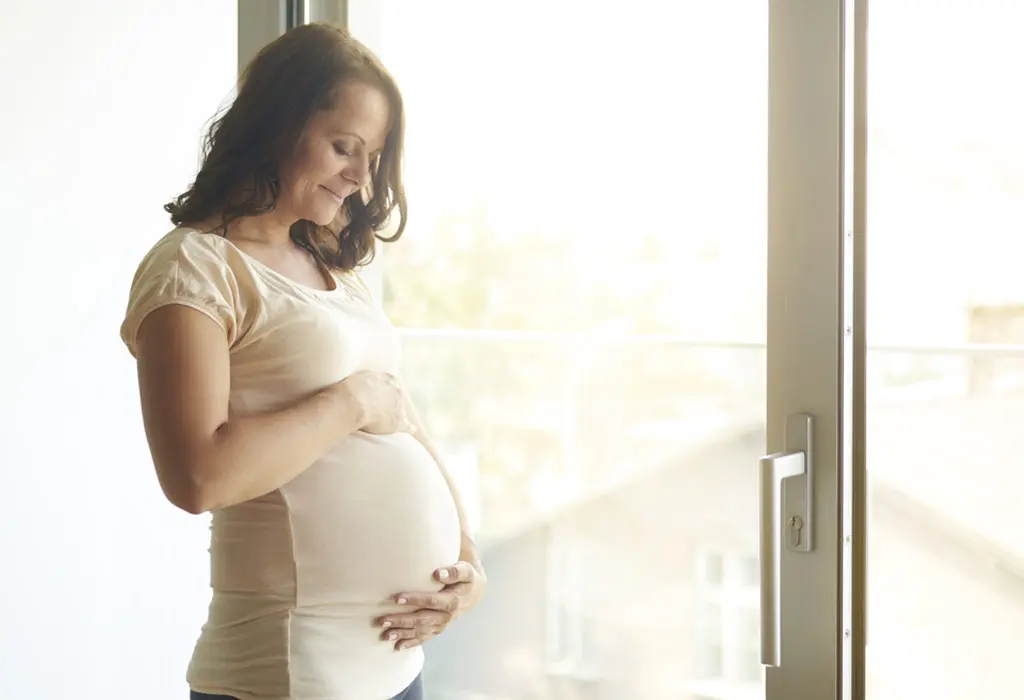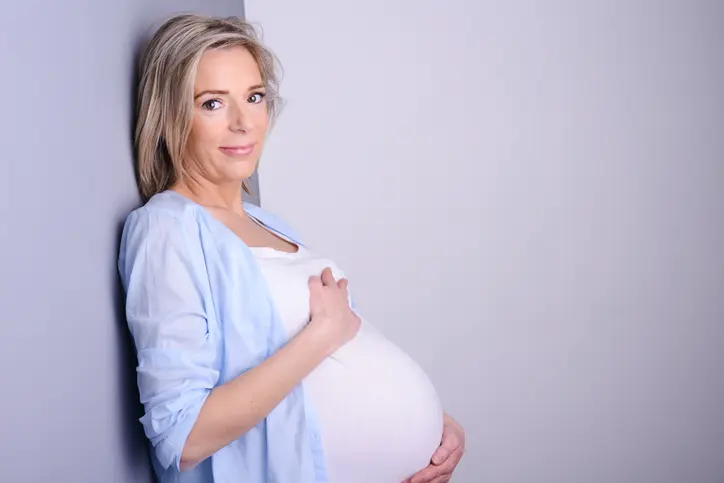Women over 40 often wonder about their chances of getting pregnant after 40 and how age affects fertility. As women age, fertility becomes a concern, especially after age 40. While many women can still get pregnant and have healthy pregnancies, it’s important to understand the challenges.
Advances in treatments like egg freezing and IVF give women over 40 more options. SensIQ, a supplement system for menopause symptoms, helps manage related issues, but knowing more about fertility after 40 is also key.
Dr. Luke Barr, an expert in reproductive health, often speaks about the effects of aging on fertility. In this article, we’ll explore the challenges of getting pregnant after 40, ways to improve your chances, and expert advice on the subject.
Key Takeaways
- Fertility declines after age 40: Women over 40 have fewer eggs, and the quality of these eggs may lead to higher risks of chromosomal abnormalities, making natural conception more challenging.
- IVF offers hope: In vitro fertilization (IVF) increases the chances of pregnancy for women over 40, particularly when using donor eggs or genetic screening to address egg quality issues.
- Lifestyle changes improve fertility: A healthy diet, regular exercise, and avoiding toxins can support reproductive health and improve the chances of conceiving naturally or with medical help.
- Prenatal care is essential: Women over 40 should have regular prenatal check-ups to manage risks like gestational diabetes and high blood pressure, ensuring a healthy pregnancy and baby.
- Consult a fertility specialist early: If natural conception is taking longer than expected, consulting a fertility doctor can help identify the best path forward, including fertility testing, IVF, or egg freezing.
What Happens to Fertility After Age 40?
Fertility naturally declines with age. After age 35, many women experience a drop in the number of eggs available. By 40, women typically have fewer eggs, and the quality of those eggs can also decrease. This can make it harder to get pregnant. Additionally, older eggs can lead to a higher chance of chromosomal problems, such as Down syndrome.
- Menstrual Cycle and Fertility: At 40, menstrual cycles may change, and ovulation may become irregular. This makes timing conception more difficult.
- Number of Eggs: By age 40, most women have fewer eggs. This leads to lower chances of getting pregnant naturally and may also cause infertility.
Knowing about these changes can help you understand the risks and options available.
Chances of Getting Pregnant Naturally After 40
While it’s harder to get pregnant naturally after 40, it’s still possible. Fertility naturally declines in older women, and understanding late menopause can help guide decisions about conception and family planning. Many women over 40 do conceive naturally, though it may take more time. Here’s what you need to know:
- Sperm Quality: Men’s sperm quality can also decline with age, which affects the chances of pregnancy.
- Risk of Miscarriage: Women over 40 have a higher risk of miscarriage. This is partly due to chromosomal problems in eggs, but IVF and genetic screening can help reduce these risks.
While pregnancy might take longer, many women over 40 have healthy pregnancies. Living a healthy life, managing stress, and getting the right medical care will increase your chances of a healthy pregnancy.
How IVF Can Help Women Over 40
If natural conception is difficult, IVF (in vitro fertilization) can help. IVF is a procedure where eggs are fertilized outside the body and then placed in the uterus. IVF can improve the chances of getting pregnant for women over 40.
- Higher Chance of Pregnancy with IVF: IVF is especially useful for women over 40, especially if they use egg freezing or donor eggs. While success rates drop with age, IVF still offers a chance to conceive.
- Freeze Your Eggs: If you are under 40, you can freeze your eggs to use later. This can help you get pregnant when you are ready, even if you are older.
Egg freezing can be expensive and emotionally difficult, so it’s important to understand all the factors before making a decision.

Lifestyle Changes to Improve Your Chances of Getting Pregnant at 40
Even though age affects fertility, making certain lifestyle changes can help improve your chances of getting pregnant. Here are some tips:
- Healthy Diet: Eating healthy foods can balance hormones and support reproductive health. Foods high in folic acid, antioxidants, and omega-3 fatty acids are good for fertility. Supporting your body with proper nutrition and supplements can increase your chances of a healthy pregnancy and improve overall fertility outcomes.
- Exercise: Regular exercise keeps you healthy and helps maintain a good weight, which benefits fertility. But too much exercise can disrupt ovulation, so balance is key.
- Avoid Toxins: Smoking, drinking alcohol, and exposure to certain chemicals can lower fertility. Reducing or eliminating these factors improves your chances of getting pregnant.
Making these changes will improve your chances of getting pregnant naturally or with medical help.
Age-Related Fertility Risks: What You Need to Know
As women age, the risks during pregnancy can increase. Women over 40 are more likely to face complications, such as gestational diabetes and high blood pressure.
- Gestational Diabetes: Women over 40 are more likely to develop gestational diabetes, which can harm both the mother and baby. Regular doctor visits can help manage this condition.
- High Blood Pressure: High blood pressure is more common in older women, which can cause preeclampsia, a dangerous condition that affects both the mother and baby.
Having regular prenatal care is essential to manage these risks. Your doctor will monitor you and help prevent problems during pregnancy.
The Role of Prenatal Care in Older Women’s Fertility
If you’re trying to get pregnant or are already pregnant, prenatal care is very important. Early and regular check-ups can help keep you and your baby healthy.
- Healthy Pregnancy: With proper care, many women over 40 have healthy pregnancies. Regular ultrasounds and tests will help track the health of both mother and baby.
- Healthy Babies: Although there are higher risks, many women over 40 have healthy babies. Good medical care and a healthy lifestyle will increase your chances of having a healthy baby.
Working closely with your doctor will ensure you get the best care during pregnancy.
What Are Your Chances of Getting Pregnant at 40?
To sum it up, getting pregnant naturally after 40 is harder, but it is still possible. Age-related challenges, like fewer eggs and chromosomal problems, make it more difficult. But medical treatments like IVF and egg freezing give hope to many women.
Dr. Luke Barr advises that while the risks do increase, the options for conceiving after 40 are better than ever. With the right treatment and lifestyle changes, many women over 40 successfully get pregnant.
If you’re thinking about trying for a baby after 40, speak with a fertility specialist to explore your options and find the best plan for you.

